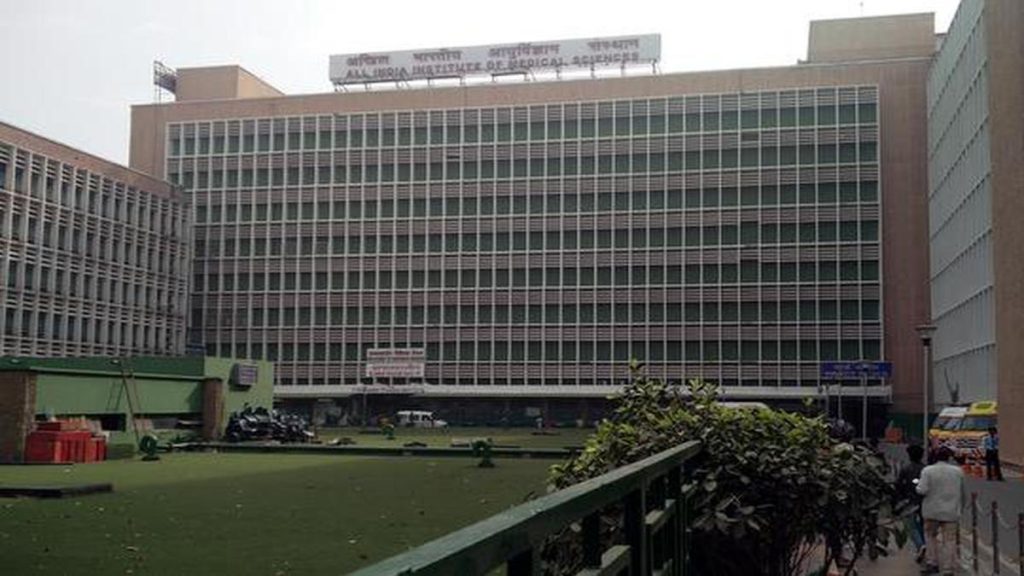Now Reading: Noel Tata’s Bold Move Sparks Reactions from Tata Trust and Chairman Chandrasekaran
-
01
Noel Tata’s Bold Move Sparks Reactions from Tata Trust and Chairman Chandrasekaran
Noel Tata’s Bold Move Sparks Reactions from Tata Trust and Chairman Chandrasekaran

Rapid Summary
- Key Decisions by tata Trusts:
– Tata Sons should remain an unlisted private company, resisting RBIS push for listing.
– Chairman N Chandrasekaran has been directed to negotiate an exit route for Shapoorji Pallonji (SP) Group, which owns an 18.37% stake in Tata Sons.
- SP Group Exit:
– This is the first time Tata Trusts have considered facilitating an exit for the SP Group, reversing earlier refusal under Ratan Tata’s leadership.
- RBI Mandate:
– The Reserve Bank of India has ordered Tata Sons to become a listed entity by September 30, influencing the timing of negotiations.
- Dispute Over Valuation:
– A major disagreement persists over valuation methods-Tata Trusts favor book value while SP Group insists on market-based pricing.
- Legal and Financial History:
– The relationship between SP Group and Tata Sons soured after Cyrus mistry was ousted as Chairman in 2016, resulting in legal battles won by Tata Trusts.
– SP Group’s debt situation makes a structured exit crucial for liquidity to repay its obligations.
Indian Opinion Analysis
The developments highlight critical challenges faced by India’s premier industrial conglomerate. The Reserve Bank of India’s mandate aims at corporate clarity through listing requirements but risks disrupting longstanding company ownership structures. Meanwhile, negotiating terms acceptable to both sides might be complicated due to conflicting valuation perspectives-a challenge intensified by the SP Group’s financial distress and pledged shares as collateral.
Tata Sons’ preference for remaining private underscores its pursuit of strategic control amidst regulatory pressures. Notably, this case may set precedents regarding how India’s large unlisted companies handle shareholder exits while balancing external directives from regulators like RBI.Successfully resolving this impasse could safeguard shareholder relations and maintain stability within one of India’s most iconic business houses.

























